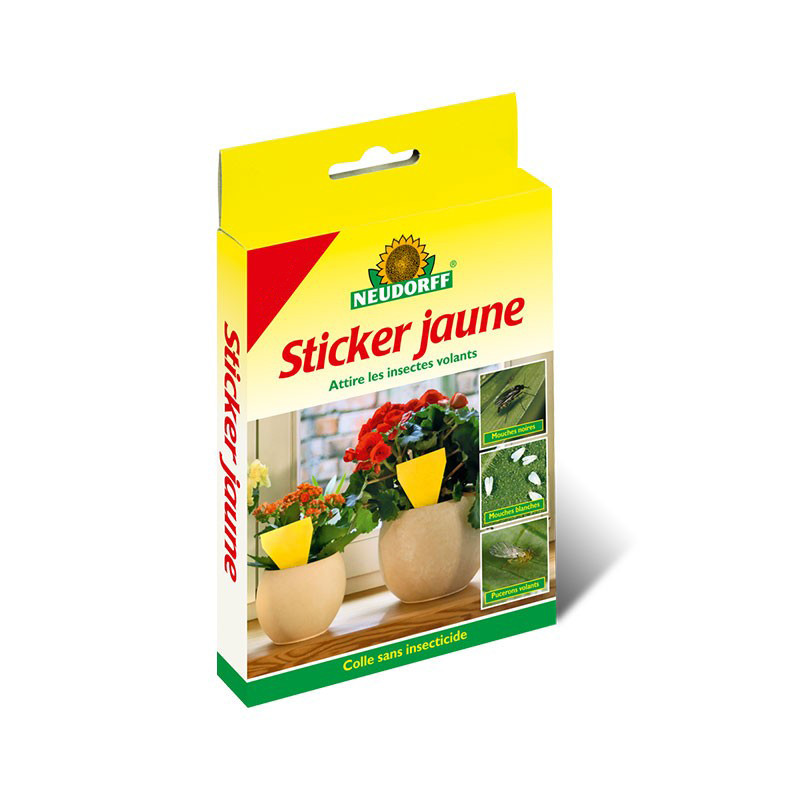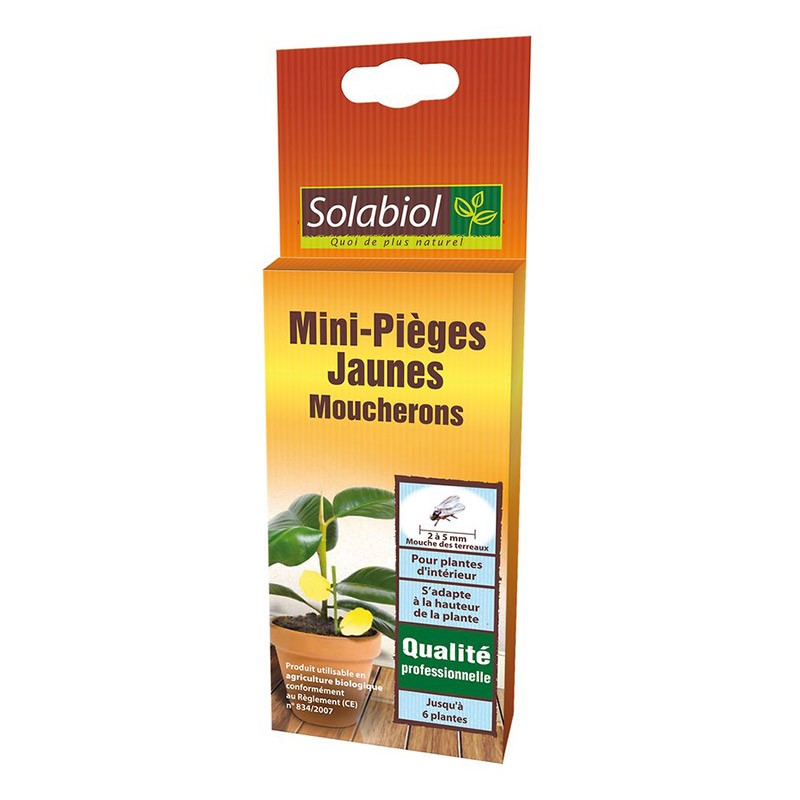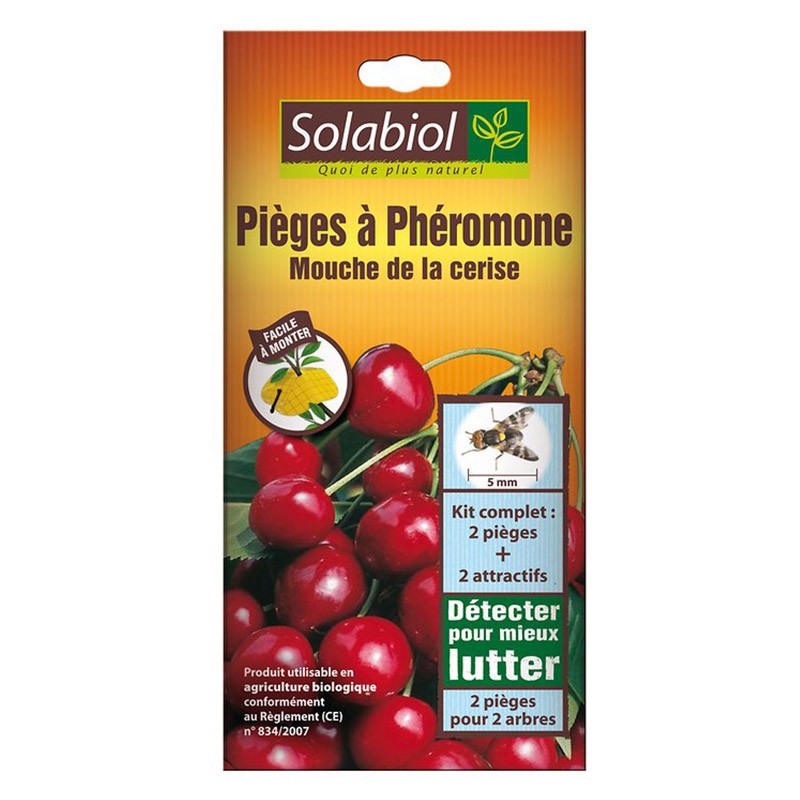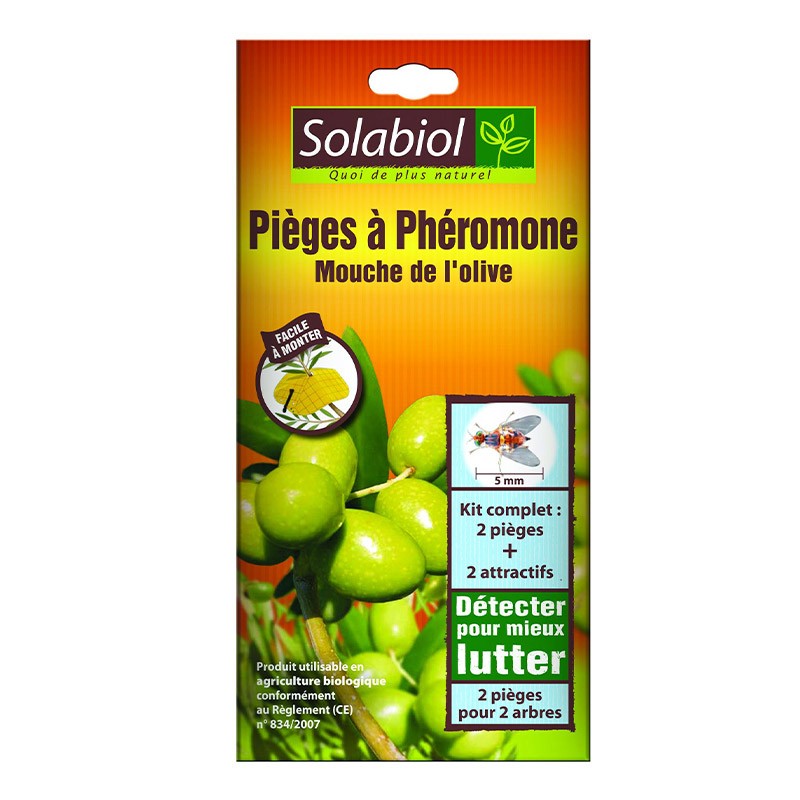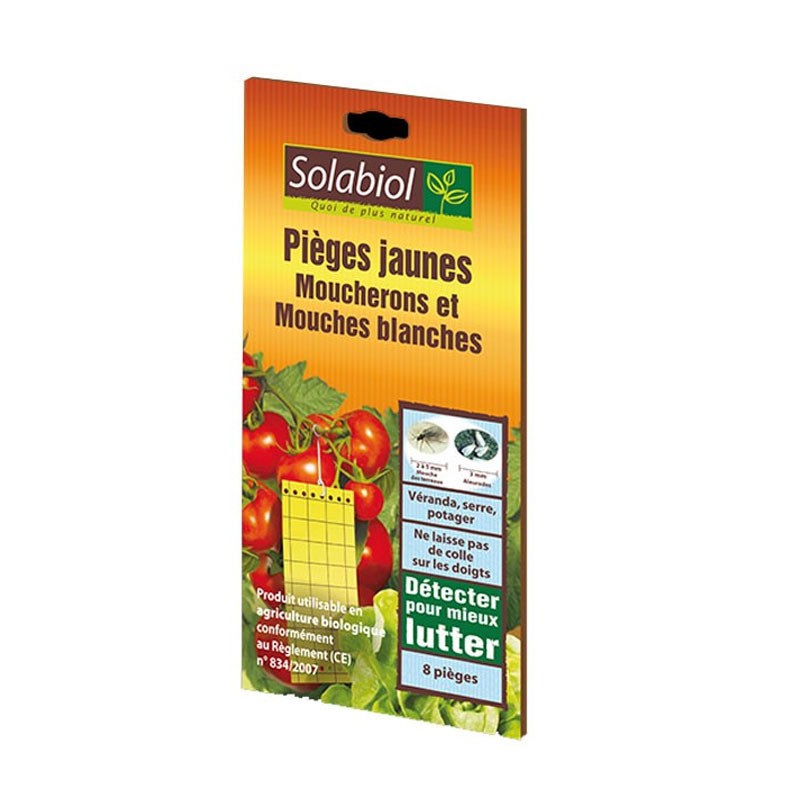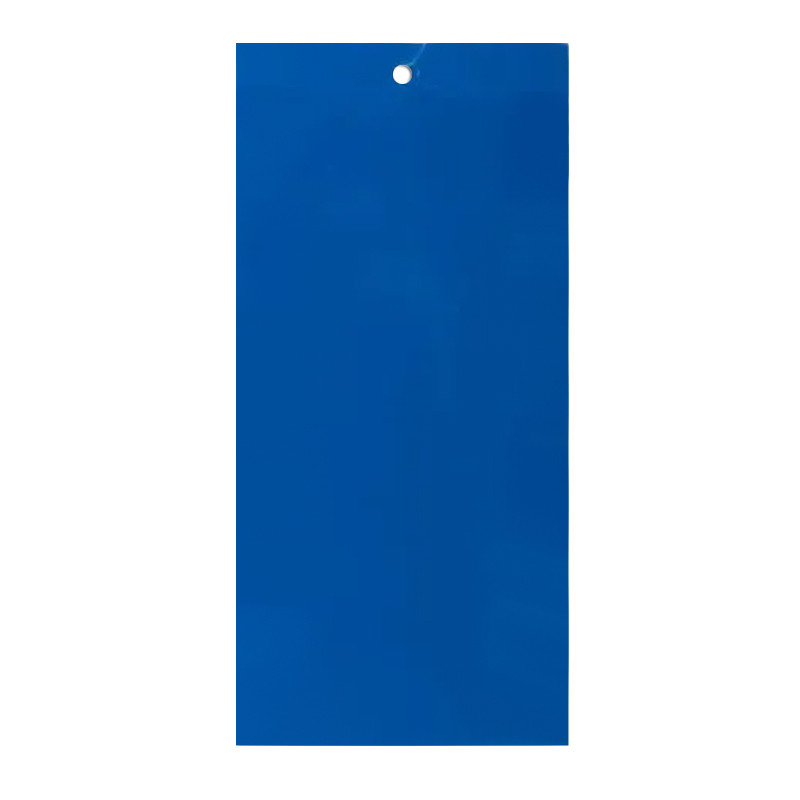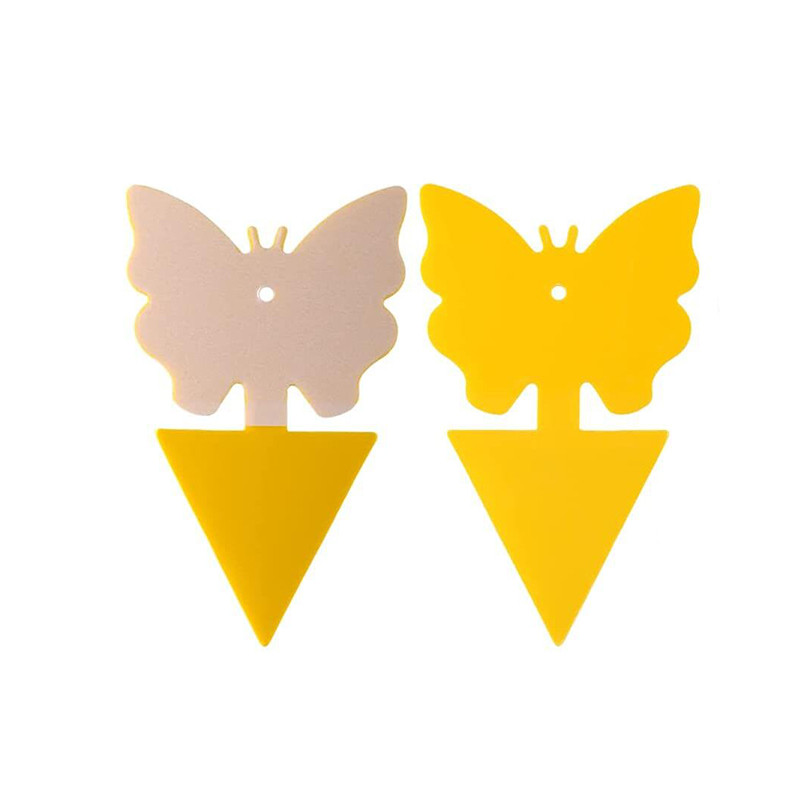FLOWERS - Aphids invade your indoor plantation
First of all, let's discover what an aphid or a midge is.
The midges, called "sciarides", are attracted by your plant pots, especially in apartments: they come to lay eggs in the wet soil, the eggs hatch, form larvae, then turn into midges..
The cycle is limitless if you do not intervene, with disastrous consequences for your plants .
At first, the problem is mainly aesthetic, with these gnats flying everywhere[FT1] fly everywhere.
But, quickly, the soil of the pots is infested with transparent larvae which end up attacking the roots of the plants.
Your first move is usually to chase them away. But the reality is quite different, it is more important to eliminate the larvae that thrive in the moist substrate of your pots. In the end, it is a matter of eradicating both the adult midges and the larvae directly in the soil.
Find out how to keep midges away from plants and get rid of their larvae.
Removing or trapping adult midges will solve the problem directly and help break the midge and aphid egg-laying cycle.
You can keep the midges away: place half a lemon studded with cloves or a cotton ball soaked in citronella essential oil in each pot.
You can trap them, especially if you grow plants in greenhouses: hang yellow sticky traps from the market, designed to capture flies and midges in indoor cultivation. A complete range of yellow sticky traps is also available in stakes with glue to capture aphids and midges.
Avoid overwatering your indoor plants to avoid being infested by aphids and midges. They love wet substrates to lay their eggs and will come to lay in your pots.
Advice of culture:
As a preventive or curative measure, do not water your houseplants too much: always wait until the substrate is dry on the surface before watering again.
Also make sure you never let water stagnate in the cup under your pots.
If the midges have already appeared, put your plant on a dry diet for as long as it can stand it: in general, it will regenerate as soon as you resume watering, and the larvae will most often be dead in the meantime.
Aphids are dreaded insects that attack the leaves and extract the sap from your beloved plants.
The leaves end up curling up and sticking.
Name : Aphidina
Common name : Aphid
Period of invasion : spring, summer, autumn
Favorable conditions : Most plants can be affected but weak plants are more vulnerable.
The presence of many insects, especially ladybugs, helps to limit the presence of aphids.
A regular treatment against aphids can allow you to eradicate their presence on your plants and roses for example.
After putting your plants on a dry diet for as long as possible, destroy the remaining larvae by spraying the following home-made product:
Mix liquid black soap in 1 liter of water.
Pour the liquid into a spray bottle.
Spray this mixture on the plants and, especially, on the soil.
Repeat every week if necessary.
Also effective against aphids and midges, discover garlic extract available at vg garden or garlic punch from platinium nutrients including garlic, vinegar and water, 100% organic products to actively fight against insects in a way that respects nature.
A modern and ecological gardener's tip: water your plants before using the spray because the larvae tend to rise to the surface, they will be better eliminated by the biological control mixture.
If spraying the mixture based on black soap, garlic extract, neem oil, rapeseed oil is not enough, try non-calcined diatomaceous earth, to be sprinkled on the soil of the plants and will destroy the larvae once they hatch, diatomaceous earth is rich in silica and if this still does not work, it is preferable to move on to a systemic insecticide, which will eliminate the larvae for sure.
Tips: think of prevention, the extracts of garlic, neem oil, rapeseed oil are 100% organic and can be sprayed throughout the growth and flowering of plants.
[FT1]nt



